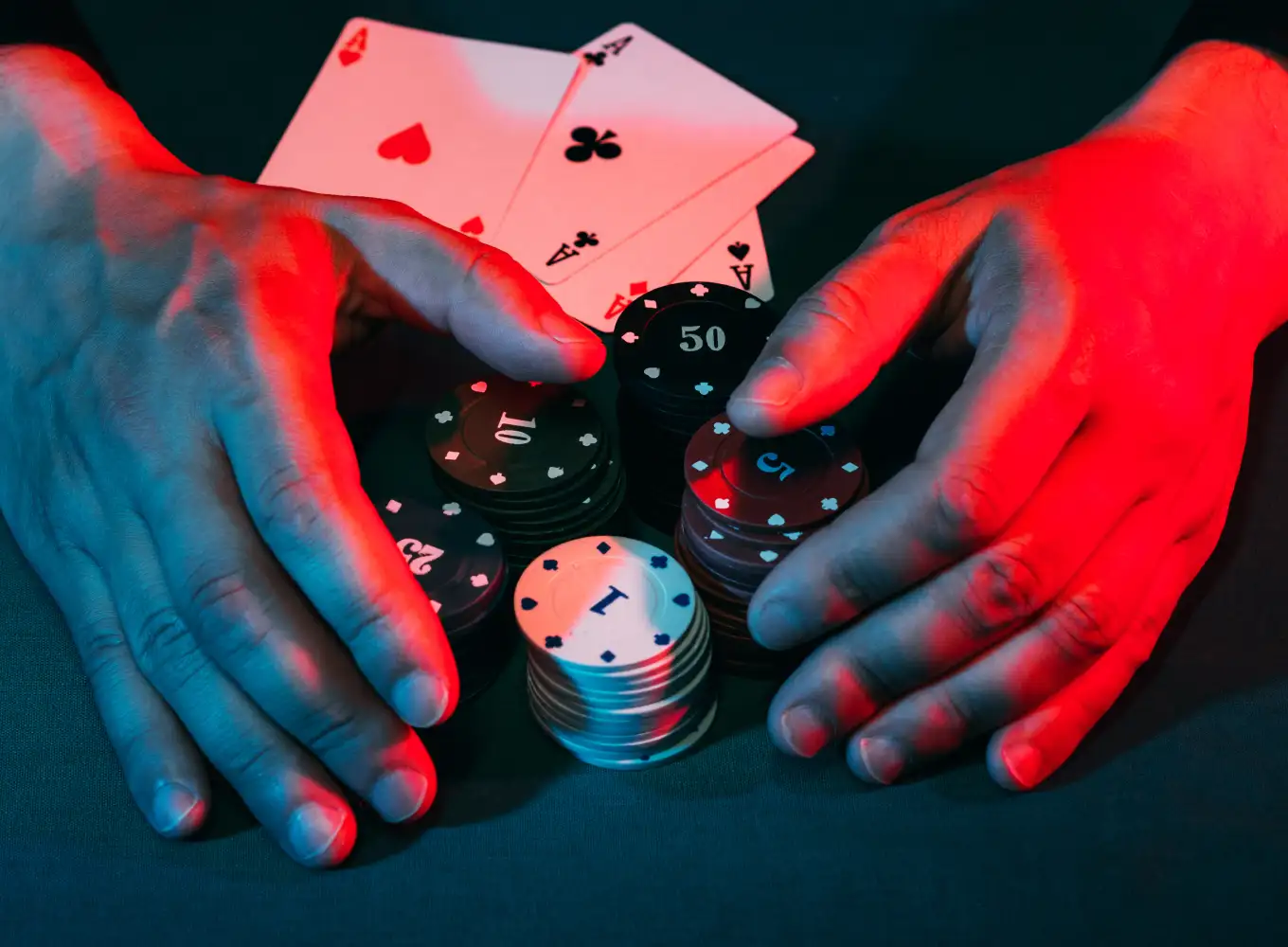At the All India Gaming Federation, we drive the advancement of an innovative, dynamic, and vibrant online gaming ecosystem.
At the All India Gaming Federation, we drive the advancement of an innovative, dynamic, and vibrant online gaming ecosystem.
Please Note: The Promotion and Regulation of Online Gaming Act, 2025 provides for a nationwide prohibition on online money games involving monetary stakes under Section 5. These provisions will come into effect upon notification by the Government of India.

The All India Gaming Federation is dedicated to making online gaming a cornerstone of Digital India and contributing to the vision of a $1 trillion digital economy.

We support and empower Digital Nagriks by fostering a fair, transparent, and thriving gaming ecosystem

Our mission is to uphold fair play and promote responsible gaming, with a strong commitment to serving both the community and the nation.
Online Event
Webinar exploring how India’s Digital Personal Data Protection Rules, 2025, will impact Indian gaming—covering compliance, user consent, data retention, security, and business implications.
Keep up to date with the latest news and insights from All India Gaming Federation (AIGF)



